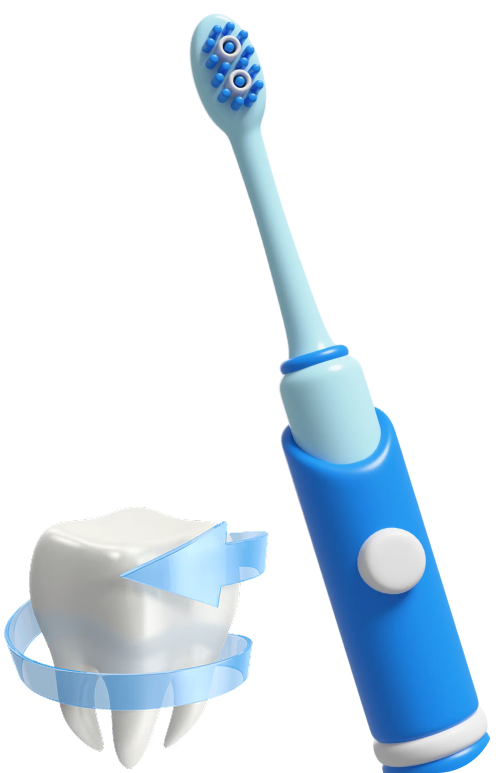Thinking of getting veneers to improve the look of your teeth? Veneers have gained popularity over the years due to their cosmetic purposes. By making smiles better and brighter, they’ve helped many people with flaws in their teeth feel more confident.
If you haven’t heard of it, veneers are natural-colored tooth shells applied to the teeth’ surface. These tooth shells are often made with porcelain and resin material that gives their natural tooth-colored look. With that, applying veneers can significantly improve the teeth’ size, color, length, and shape, enhancing their overall look.
How long do veneers last?
Having veneers applied to your teeth would require dentists in Colorado Springs to shave your teeth. This is a necessary procedure in order to give space for the veneers. Essentially, given the procedure, getting veneers is irreversible but not permanent.
Typically, veneers should last up to 15 years before the bond used to attach it starts to weaken. Keep in mind that this is possible if you practice proper oral health care. On average, veneers should typically last for about 10 years.
Don’t panic when this happens. You can visit your Colorado Springs dentist to have it replaced with a new one.
Do I need veneers?
Getting veneers applied is not just about cosmetic purposes. Of course, everyone wants to achieve a perfect smile. However, veneers are also made to help restore broken, discolored, and microdontia.
And what’s even better when you get veneers is that it is stain-resistant and customizable to match the patient’s preference.
Once you get your veneers, you must observe proper care. Here are some tips to ensure their longevity.
- Make it a habit to wear mouthguards when playing physical activities
- As much as possible, avoid eating tough or hard-to-chew foods
- Do not use your teeth to tear or open packages
- Brush and floss regularly
For more information about dental veneers and our other dental services, you can visit our website or call (719) 596-3481 to schedule your appointment with our Colorado Springs dentist.


















